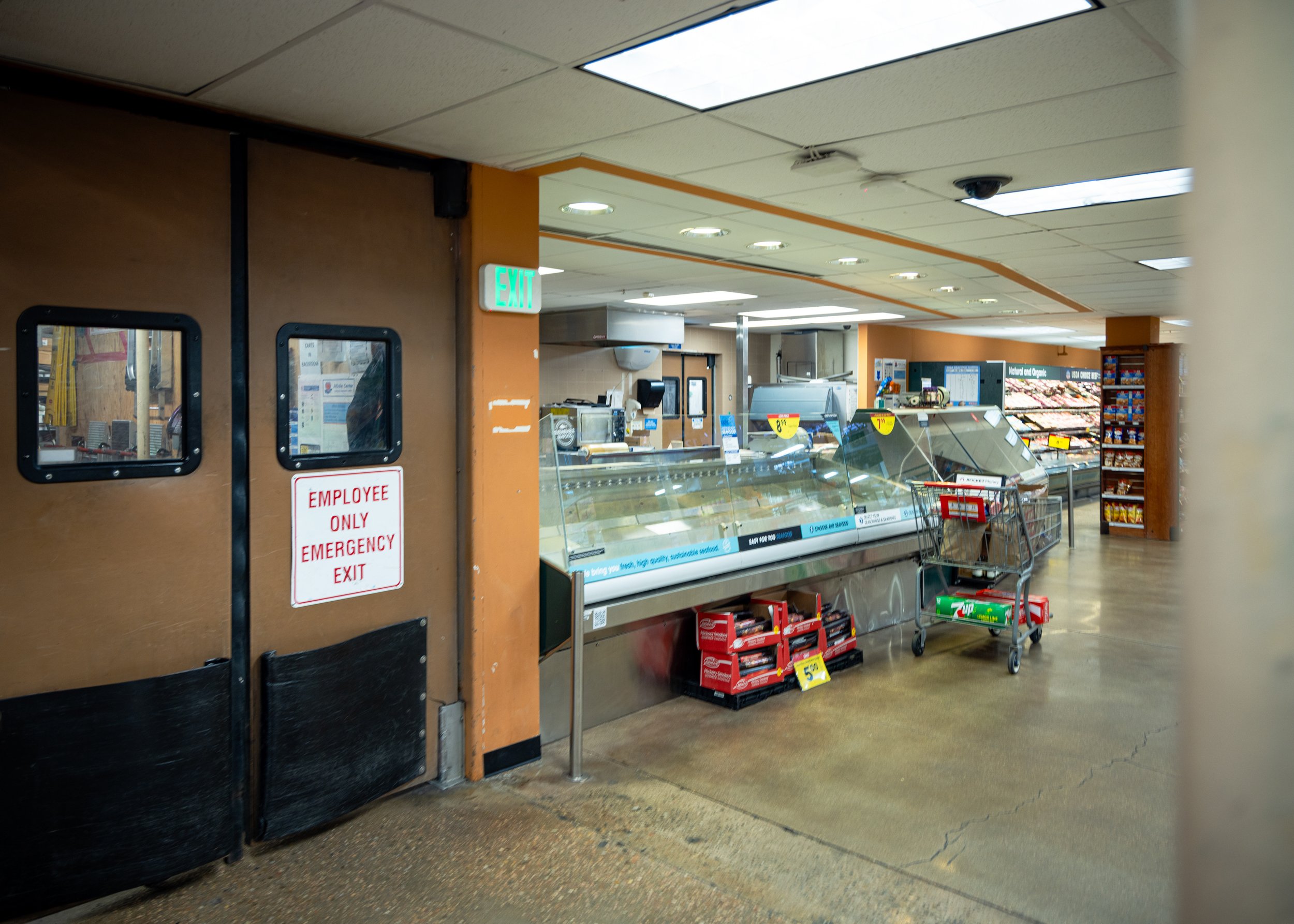I don’t often find myself escorted out of my neighborhood King Soopers, but when I do, it’s for some “good trouble.” After a 10-minute conversation with several employees outside—many of whom have assisted me before in the store—it becomes evident that Kroger, a billion-dollar corporation, prioritizes profits over the hardworking individuals contributing to their immense revenue.
Five days have passed since the workers walked out, and rather than engaging in negotiations, management has opted to bring in temporary non-union workers from elsewhere to handle subpar tasks. These workers are paid considerably more than the striking employees, along with complimentary travel and accommodations during their time here. This action is a blatant insult to the “essential” workers who provide outstanding service to regular customers. In my three years as a customer, I can genuinely say I have never experienced a negative interaction with an employee. Today, I engaged with many of them to help the public understand the situation from their perspective.
I inquired about their personal experiences, reasons for joining the strike, demands, emotional and financial impacts, public and community responses, and hopes regarding the strike’s outcome. Among the biggest challenges faced by grocery workers are overwork and inadequate pay. Employees are forced to choose between filling their gas tanks to get to work or putting food on their tables—a dilemma that resonates with many Americans. Key issues driving the strike revolve around management’s failure to hire additional workers to alleviate the burden on existing staff. The striking employees feel that King Soopers management has been unresponsive to their concerns regarding outdated machinery and broken store equipment. The lowest-paid employee is expected to undertake the most labor. I can certainly relate to this after nearly a decade in the military.
However, this is not the military, and these workers have rights. They deserve fair compensation for their labor—sufficient to support themselves. When I asked what it would take for them and their colleagues to return to work, one manager succinctly replied, “they need to listen to their employees just as attentively as they do to shareholders.”







